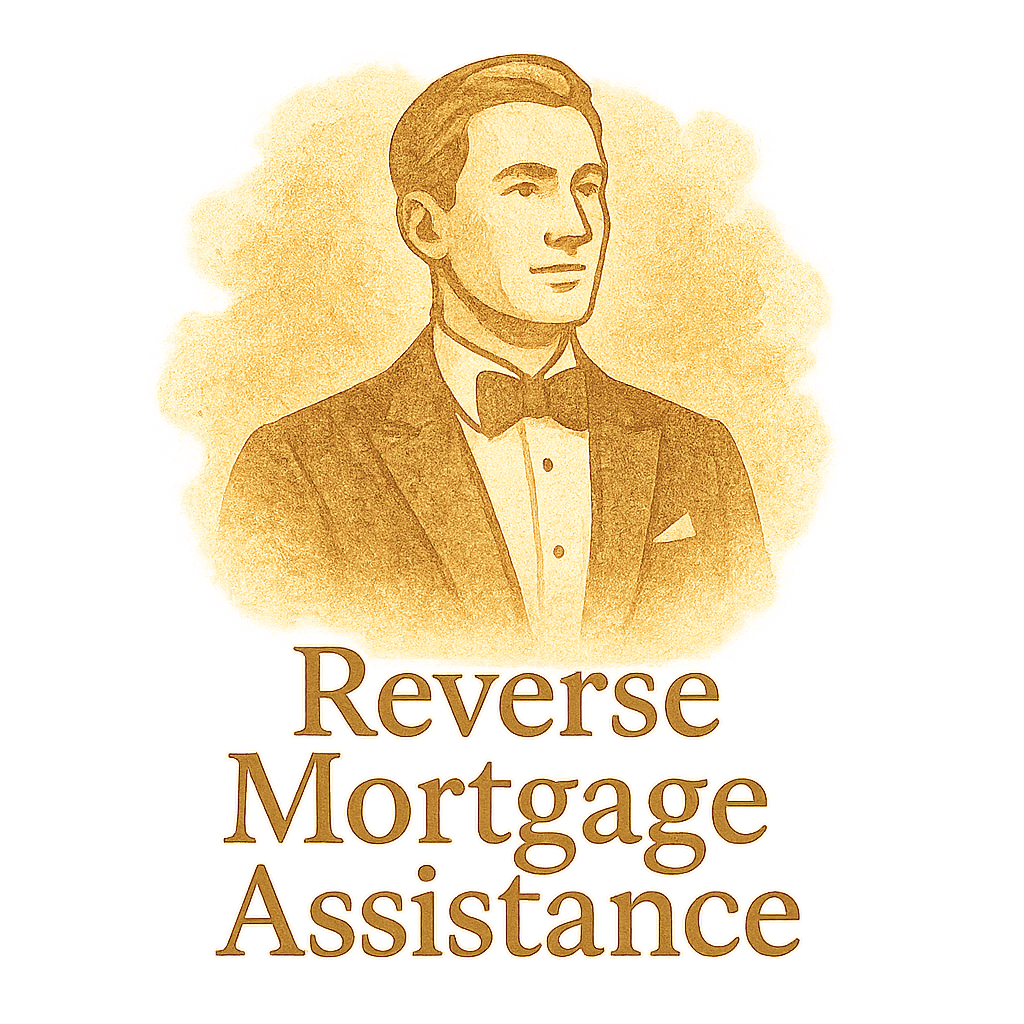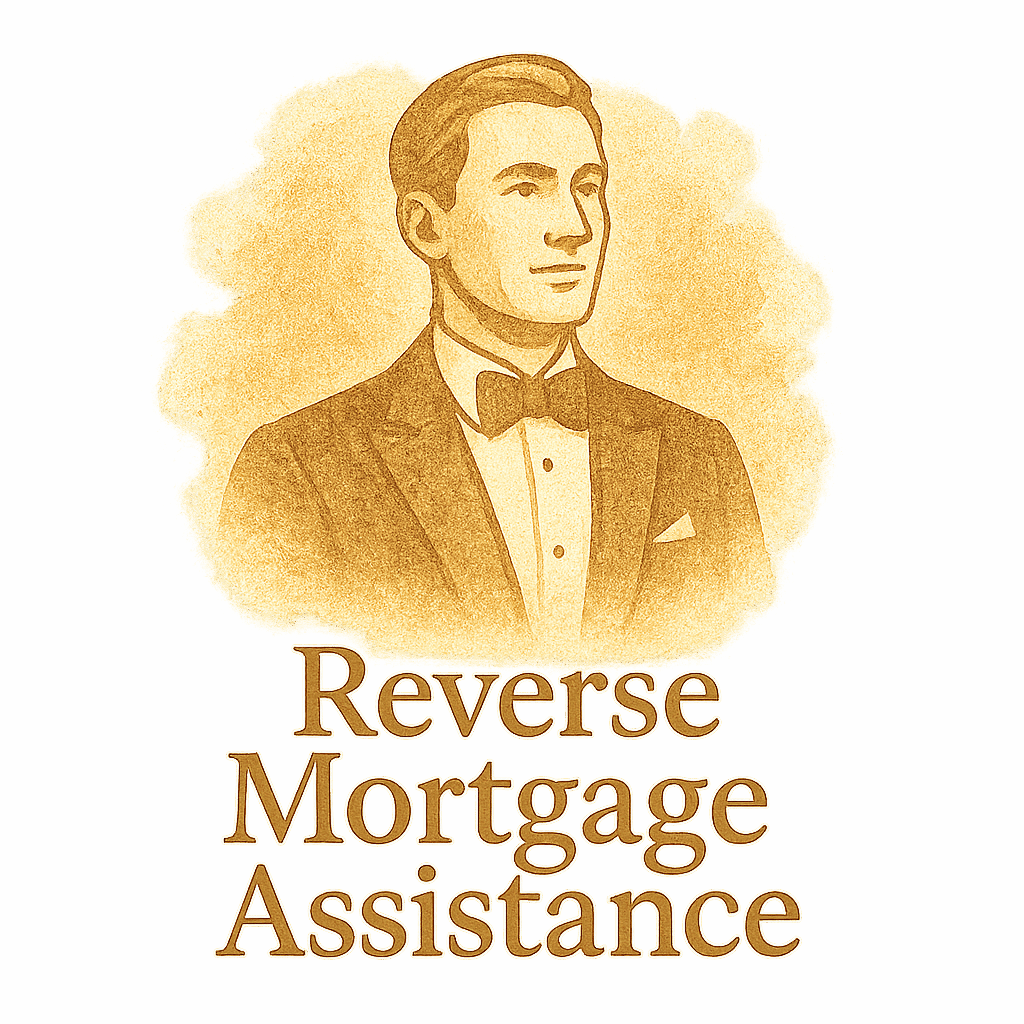Understanding Reverse Mortgages
Reverse mortgages can feel like a financial lifesaver—especially for seniors looking to unlock their home’s equity without selling it. But before you jump in, it’s smart to take a long-term view. Reverse mortgages are complex, and like any long-term commitment, they come with both benefits and trade-offs.
What Is a Reverse Mortgage?
A reverse mortgage allows homeowners aged 62 or older to borrow against the equity in their homes. Unlike traditional mortgages, you don’t make monthly payments. Instead, the loan balance grows over time and is repaid when the borrower moves, sells the house, or passes away.
You can learn more about the basics here: Reverse Mortgage Basics.
Who Qualifies for a Reverse Mortgage?
Eligibility usually requires:
- The homeowner to be at least 62 years old
- The home to be their primary residence
- Adequate equity built up in the home
Now let’s explore the long-term considerations that can truly shape your experience.
Why Long-Term Planning Matters
The Importance of Future-Focused Financial Planning
Reverse mortgages aren’t short-term fixes. They’re strategic financial tools that work best when paired with a well-thought-out plan. You want to make sure today’s decisions won’t box you in tomorrow.
How Reverse Mortgages Fit Into Retirement Plans
These loans can supplement retirement income, delay Social Security, or serve as a safety net. However, they’re not for everyone. Take a look at Mortgage Planning to see how it could align with your overall goals.
1. Long-Term Homeownership Goals
Do You Plan to Stay in Your Home Long-Term?
Reverse mortgages make the most sense if you plan to age in place. If you move out within a few years, you may end up paying the loan back sooner than expected.
The Role of Home Equity in Aging in Place
Your equity is your cushion. Make sure you understand how much you’re tapping into and how it affects your future ability to relocate or refinance. Dive deeper into equity implications: Equity.
2. Family and Inheritance Considerations
What Happens to the Home After You Pass?
Your heirs will need to repay the loan to keep the house. That often means selling the home. If you want to leave a property behind, talk with your family early.
Communicating with Heirs Early On
Transparency avoids surprises. Use real-life stories to start the conversation: Mortgage Case Studies.
3. Interest Rates and Loan Terms
Fixed vs. Variable Interest Rates
Fixed rates offer stability, while variable rates may offer more cash upfront. But variable rates carry long-term cost risks.
Impact of Accrued Interest Over Time
Remember, interest adds up quickly. That growing loan balance might reduce what’s left for your estate.

4. Home Value Fluctuations
Understanding Housing Market Risks
The value of your home affects how much you can borrow and what your heirs might owe. Markets rise and fall, so build in flexibility.
How Equity May Change Over Time
Equity isn’t static. Property taxes, home values, and maintenance all play a role. Here’s more on that: Outcomes.
5. Potential for Outliving the Loan Benefits
Will the Funds Last as Long as You Need Them?
It’s a common concern. Consider breaking down expenses and using a retirement budget planner.
Supplemental Income Strategies
Reverse mortgages aren’t your only option. Look into other financial tools or benefits. Compare options here: Loan Comparison.
6. Legal and Regulatory Factors
Staying Informed on Changing Laws
Mortgage laws shift. Stay up to date with this helpful resource: Legal & Regulatory.
How to Avoid Legal Pitfalls
Always read the fine print. Understanding Legal Terms can protect you from surprise clauses.
7. Comparison With Other Loan Options
Reverse Mortgages vs. HELOCs or Refinancing
Sometimes a HELOC or a cash-out refinance may offer better flexibility. Use the Loan Comparison Tool to see what’s best for you.
Tools for Smart Loan Comparisons
Analyze features, interest, and repayment options side by side.
8. Your Long-Term Healthcare Needs
Will You Need Assisted Living or In-Home Care?
Aging often brings health costs. If you need to move into a facility, the loan becomes due. That’s a game changer.
Budgeting for Medical and Long-Term Care Costs
Consider how the loan could help (or hinder) your ability to pay for care. Explore relevant Preparation steps.
Final Thoughts
Choosing a reverse mortgage is a big decision that affects your financial security, your family, and your legacy. Take your time, ask questions, and use trusted resources like Reverse Mortgage Assistance to guide your path.
FAQs
- Can I sell my house if I have a reverse mortgage? Yes, but you’ll need to pay off the balance from the sale proceeds.
- Will my children inherit my house? They can, but only after repaying the loan. Otherwise, the home may be sold.
- What happens if I move into assisted living? The loan usually becomes due if you’re out of the home for over 12 months.
- Are there alternatives to a reverse mortgage? Yes. HELOCs, refinancing, or selling the home may be better in some cases.
- Do I still pay property taxes and insurance? Absolutely. Failing to do so can lead to foreclosure.
- Is a reverse mortgage taxable income? No, the money you receive isn’t considered taxable income.
- How do I start the application process? Visit Reverse Mortgage Assistance and explore your options today.

Welcome to Reverse Mortgage Assistance

